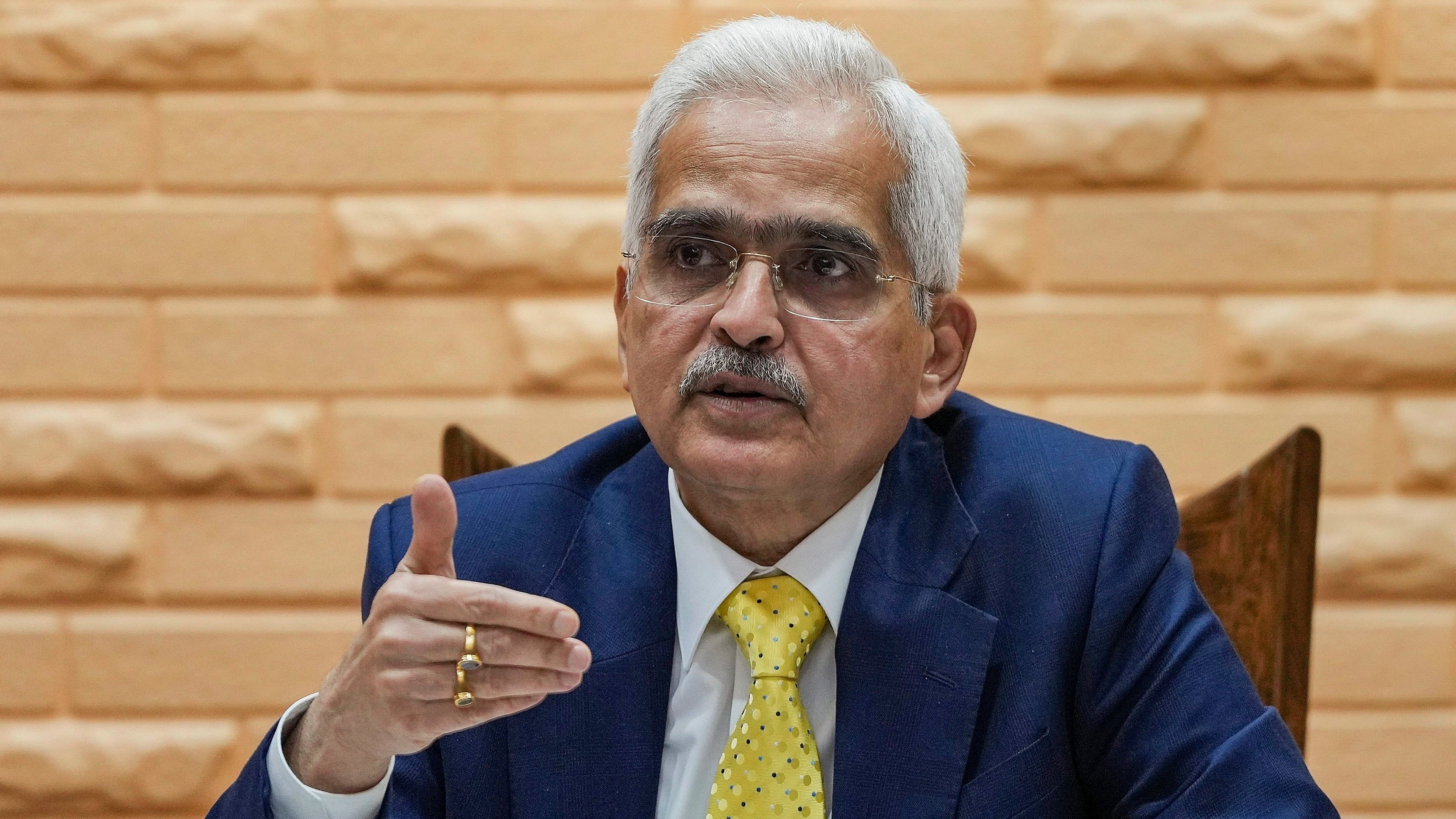
Reserve Bank of India (RBI) Governor Shaktikanta Das
Credit: PTI Photo
New Delhi: Reserve Bank of India (RBI) Governor Shaktikanta Das on Monday said that the central bank was exploring the feasibility of expanding the real time gross settlement (RTGS) system to settle transactions in major trade currencies, such as the US dollar, euro, and the British pound through bilateral or multilateral arrangements.
India is one of the few large economies with a 24x7 RTGS system. “The feasibility of expanding RTGS to settle transactions in major trade currencies such as USD, EUR and GBP can be explored through bilateral or multilateral arrangements,” Das said at an event organised by the RBI in New Delhi.
“India and a few other economies have already commenced efforts to expand linkage of cross-border fast payment systems both in the bilateral and multilateral modes,” he added.
Currently, the cross-border payment systems rely on correspondent banking networks, which involve multiple intermediaries. This system is complex, lengthy and costly.
The RTGS facility would make payments across different currencies more efficient. At present, RTGS is used to send amounts of Rs 2 lakh or more instantly from the remitter to the recipient’s bank, rather than grouping the payments in batches. This facility is available for transactions only in the Indian rupee.
Das said India has developed a world-class digital public infrastructure (DPI), which has facilitated the development of high-quality digital financial products with enormous potential for cross-border payments.
“India is now home to the world's third most vibrant startup ecosystem, with over 140,000 recognised startups, more than a hundred unicorns, and over $150 billion in funding raised. India’s experience in DPI can be leveraged by other countries to improve and usher in a global digital revolution,” he said.
He further added that the central bank digital currency (CBDCs) is another area which has the potential to facilitate efficient cross-border payments. India is one of the few countries that have launched both wholesale and retail CBDCs.
Das also warned banks to be mindful of social media risks and heavy reliance on artificial intelligence.
“AI's opacity makes it difficult to audit or interpret the algorithms which drive decisions. This could potentially lead to unpredictable consequences in the markets. Banks and other financial institutions must put in place adequate risk mitigation measures against all these risks,” Das said.